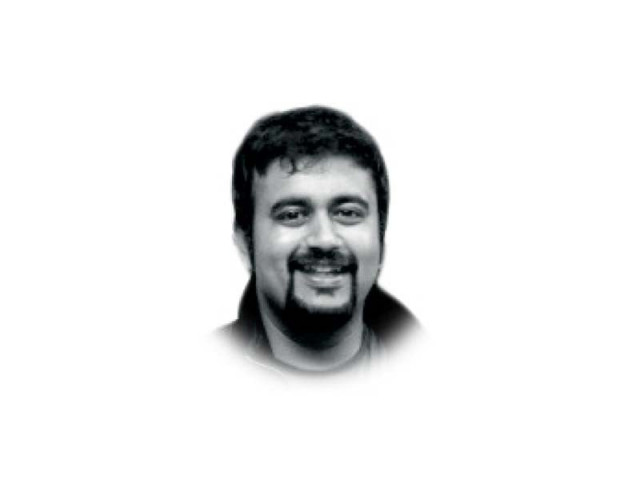Politics of electables
Such a model underscores prevalence of patronage politics at constituency level

While the ECP has finalised February 8, 2024 as the date to hold general elections, the absence of formalisation of this date in the gazette, as stipulated by the Elections Act 2017, raises legitimate concerns about procedural adherence. Simultaneously, the delimitation exercise is nearing completion, with the final list of constituencies to be made public later this month. While certain quarters have expressed reservations about the quality of the delimitation process, concerns raised by voters through representations have, for the most part, been addressed. Another development is the freezing of electoral rolls, with the finalised lists set to be published in December, following the due process. This aligns with the expected announcement of the election schedule in the same month, ushering the country into full-fledged election-mode.
With elections in full-swing, we continue to witness the persistent reoccurrence of problems witnessed in previous elections. The transfer of “electables” from one political party to another has been an enduring challenge in our electoral history, and regrettably, it remains unaddressed. In the GE-2018, a shift of these influential figures occurred from PPP and PMLN to PTI. A similar trend is unfolding once again, but this time, the shift of “electables” is from PTI to PMLN and IPP, being referred to as the King’s Party.
Numerous figures have altered their political affiliations across regions. A few recent instances include several political leaders with the “electable” label in Balochistan expressing their intent to contest the upcoming elections under the PMLN banner. This indicates PMLN is poised to be a significant player in the formation of the next provincial government in Balochistan. Similarly, political movements have been observed particularly in Punjab, with a considerable number of individuals affiliated with PTI redirecting their political trajectories towards either exiting politics altogether or joining other parties such as IPP, PMLN or PPP.
Such a model underscores the prevalence of patronage politics at the constituency level. Despite the fact that such individuals may not wield influence within the party’s structure, policies or governance, “electables” readily switch allegiances. This, however, undeniably undermines and disrupts the organisational integrity of political parties, hindering the lateral movement of political workers within parties. This entire process not only erodes the political parties’ structures, but also weakens the fabric of democracy. Moreover, it perpetuates a party model and politics centred around a select few individuals. Unfortunately, this model comes at the expense of weakening relationships with local party members or activists, impeding democratic discourse within political parties.
Patronage politics at the constituency level predominantly persists as a consequence of informal structures that operate in the absence of local governments. Many of the thana-kacheri issues faced by citizens are addressed through the intervention of influential figures. The persistent absence or inefficacy of local service delivery institutions further reinforces these informal structures, propelling the rise of influential figures as political powerhouses who emerge as viable “electables”.
The continuity of democracy alone does not guarantee the strengthening of democratic institutions. Successive parliaments may have made attempts to enhance the democratic process and institutions, but these efforts have not been exhaustive. Regrettably, the window for such discourse is closed now with the next elections fast approaching. However, it remains a critical aspect that the next parliament must prioritise for comprehensive reforms. A transparent and candid discussion among political leaders is imperative, given the pressing need to address this issue, which inevitably raises questions about the quality of democracy in Pakistan. Failing to undertake such measures creates a void, allowing undemocratic forces to manipulate results — an issue that has consistently played a destructive role in politics. The challenges posed by “electables” politics must be met with resolute determination.
Published in The Express Tribune, December 27th, 2023.
Like Opinion & Editorial on Facebook, follow @ETOpEd on Twitter to receive all updates on all our daily pieces.
















COMMENTS
Comments are moderated and generally will be posted if they are on-topic and not abusive.
For more information, please see our Comments FAQ